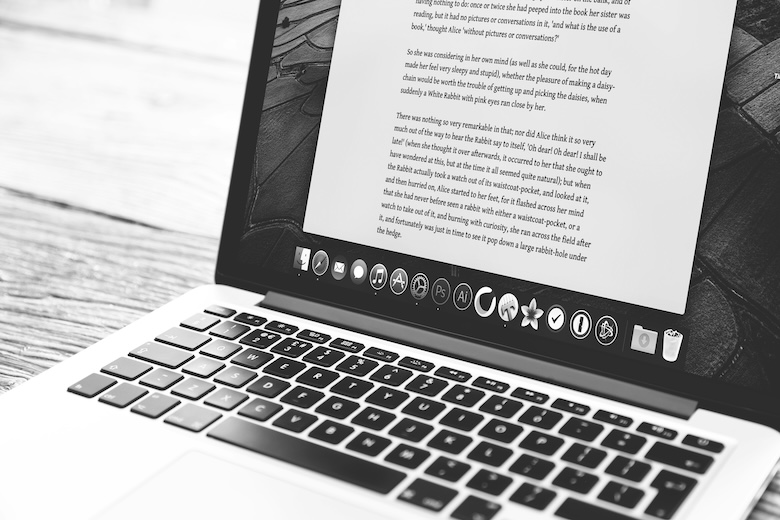
AI’s ability to generate essays is causing academic integrity concerns. With AI tools now able to mimic the intricacies of human-written content, distinguishing between what’s written by a student and what’s generated by a computer is becoming a real challenge. This situation puts educators in a tough spot, as high-quality student essays could mistakenly be flagged as AI-generated, leading to false accusations of cheating. This issue not only complicates the grading process but also raises larger questions about how we assess learning and achievement in educational settings.
The debate around this issue touches on the essence of academic evaluation and the future direction of education. Some voices in the academic community are calling for a return to traditional, in-person exams to prevent AI-assisted cheating, suggesting that the root problem isn’t just technological but also stems from intense pressure on students to secure credentials for a competitive job market. This pressure, they argue, is what drives some students to resort to dishonest shortcuts.
However, the advent of AI in education could also be seen as an opportunity to rethink and innovate pedagogical practices. This situation invites a shift towards teaching and assessment methods that value critical thinking, creativity, and problem-solving—skills that are difficult for AI to replicate. Adopting new forms of assessment, such as project-based tasks, peer reviews, and oral presentations, could ensure a focus on students’ ability to think independently and apply knowledge in dynamic ways. As technology continues to evolve, the education sector faces a critical juncture: to view AI as a challenge to overcome or as a chance to reshape educational standards for the better.


